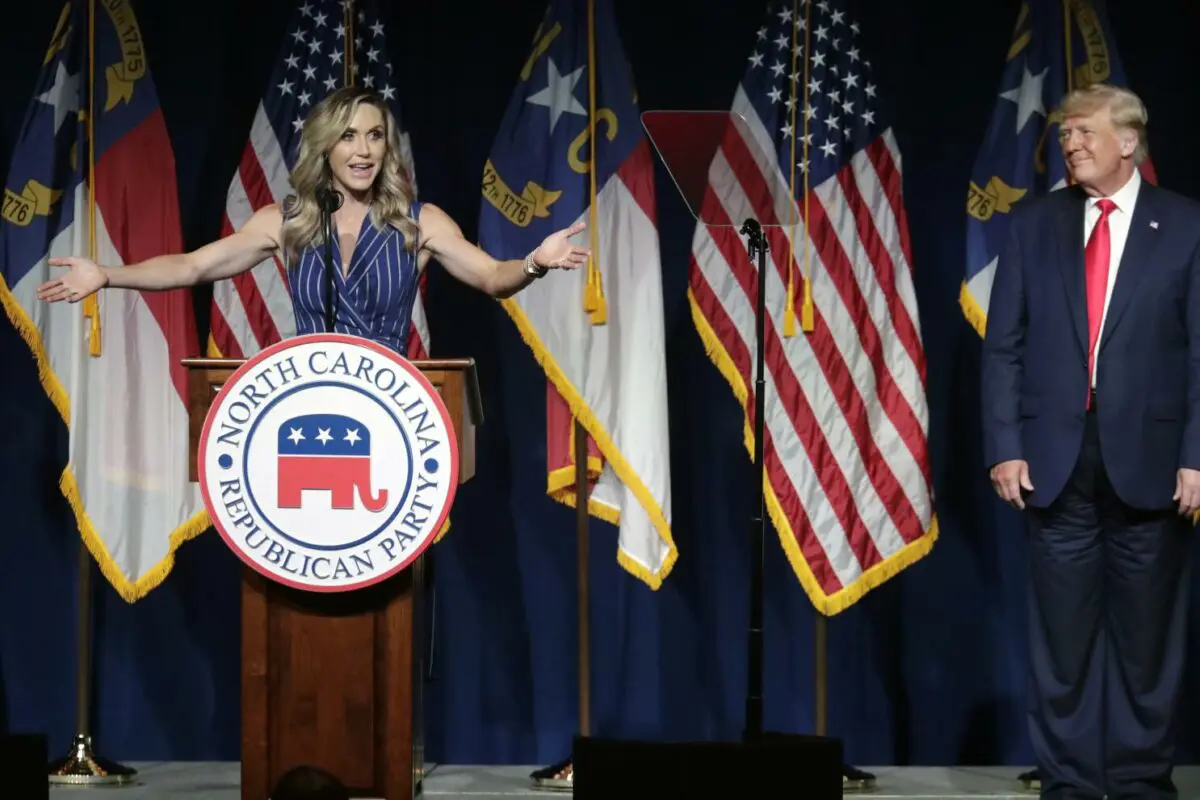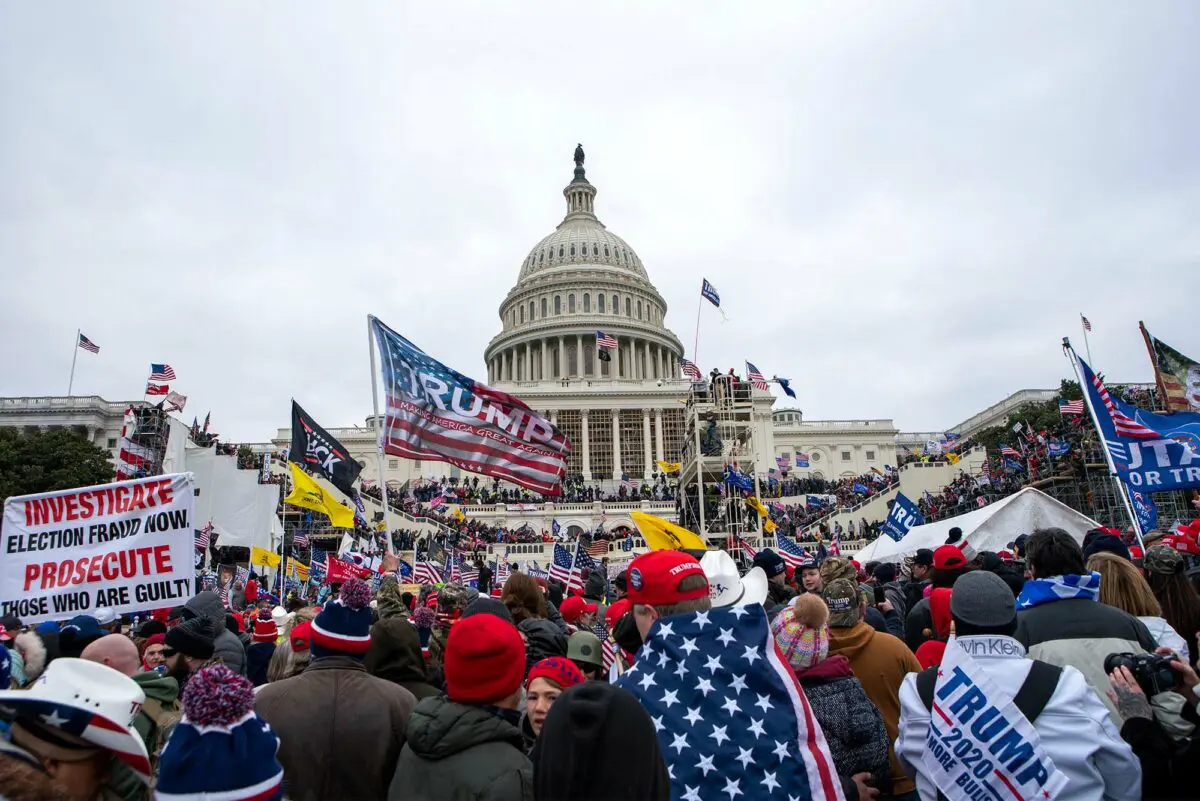The MAGA coalition, with its intricate connection to the realm of reality television, offers a captivating exploration of how entertainment shapes politics in modern America. In this blog post, we delve into the origins of the MAGA movement, uncovering the threads that weave together pop culture and political ideology. This intersection of reality TV and political ambition illustrates a broader narrative about authenticity, personality, and the ever-evolving landscape of American electoral politics.
As we journey through this exploration, we will see how figures like Joe Rogan emerged from the fringes of entertainment to become pivotal influencers in political discussions, particularly among younger demographics. The delicate balance between charisma and substance will also be examined, shedding light on how reality TV has blurred the lines between performance and authenticity in political leadership.
The Rise of Reality TV as a Political Tool
Reality television has long been a staple of American entertainment, captivating audiences with its blend of drama, unscripted moments, and compelling characters. While the genre initially revolved around simple competitions and everyday life scenarios, its evolution has given rise to a new breed of celebrity — one that thrives on controversy, charisma, and relatability. Politicians have recognized the potential of these personas, using the allure of reality TV to their advantage.
Today, the MAGA coalition represents an intricate tapestry of cultural connections, strengthened by the influence of former reality stars like Donald Trump and Joe Rogan. Trump’s foray into the political arena is a perfect example of this phenomenon. His success on the reality show The Apprentice paved the way for his presidential run, enabling him to leverage his television fame into a formidable political platform.
The Power of Celebrity Influence
In a world where political messaging is often overshadowed by sensational news cycles, the power of celebrity has become a crucial factor in shaping public opinion. This trend is evident in the MAGA movement, where renowned figures from the entertainment industry have played pivotal roles in influencing the narrative. The MAGA coalition’s reliance on reality TV influence echoes a broader trend across American politics, where celebrity endorsements can sway voters and lend credibility to political campaigns.
The connection between reality TV and political power reaches even deeper when examining how these media figures curate their public personas. Authenticity has become a sought-after commodity, with voters gravitating toward candidates who present themselves as “real” and relatable. This paradigm shift has led to a new breed of politician — one who embraces the theatrics of reality TV while crafting a narrative that resonates with voters on an emotional level.
Reality Shows and Their Political Impact
Reality TV shows like The Real World or Survivor have laid the groundwork for the current landscape of political entertainment. By showcasing a diverse array of perspectives and conflicts, these programs not only entertain but also engage audiences in deeper societal dialogues. In many ways, they mirror the reality of American politics, where issues of identity, loyalty, and ideology are constantly in flux.
As we consider the impact of reality TV on the MAGA coalition, it’s important to recognize that these shows serve as both a reflection and a precursor to the current political environment. The often oversimplified narratives of hero versus villain found in reality TV echo the polarized nature of contemporary political discourse, which promotes an environment where individuals may feel compelled to align with one side or another. This simplification can be detrimental, fostering an atmosphere where nuance is lost amid theatrics.

The Role of Joe Rogan in Shaping MAGA Ideology
Having transitioned from a largely unknown television personality to a central figure in political discussions, Joe Rogan exemplifies the transformative power of media. His podcast, The Joe Rogan Experience, has become one of the most influential platforms for political discourse, especially among younger male voters. Through his candid conversations and controversial topics ranging from health to societal issues, Rogan has captivated millions and shaped their perceptions of current events.
In the lead-up to the 2024 election, Rogan’s endorsement of Donald Trump marked a significant moment, amplifying the MAGA movement’s reach and appeal. That endorsement not only solidified Rogan’s role as a kingmaker but also showcased the intertwining of celebrity and politics in the modern age.
Cultural Connections and Misrepresentation
While Rogan’s influence is undeniable, it is essential to scrutinize the implications of his messaging. His platform has been criticized for promoting misinformation and perpetuating conspiracy theories. As the lines between entertainment and political reporting blur, the potential for misrepresentation increases, leading to a populace that may base their beliefs on flawed narratives. This challenge poses a significant threat to democratic processes, as political ideology becomes entwined with personality rather than policy.
The evolution of Rogan’s public persona illustrates the complexities of authenticity in today’s media landscape. His success is partly attributed to his ability to engage with varied perspectives, creating a space for dialogue but also enabling divisive rhetoric. Understanding the consequences of such engagements is vital, as they inform how followers perceive the political landscape and their role within it.
Influence on the Younger Demographics
The MAGA movement has seen a surprising surge of support among younger demographics, a trend that reflects the potency of media influence in shaping political ideology. Rogan’s ability to connect with this audience can be attributed to his relatable and often humorous approach, which resonates with younger voters seeking authenticity in their political figures.
This connection is crucial, as younger voters represent a key demographic in any election. Understanding their motivations and how they align with the MAGA movement provides insight into the broader narrative of political engagement. As traditional political structures grapple with this new wave of influence, it becomes essential to navigate the complexities of these connections and their implications for the future of American politics.

The Interplay between Television and Political Identity
The intricate bond between television and political identity has implications far beyond mere entertainment. As public figures harness the power of the screen, this connection shapes how voters perceive candidates while influencing their identities. The image of a politician is crafted and maintained through a careful selection of media appearances, social media interactions, and public engagements.
In studying the MAGA coalition’s emergence, it becomes evident that factors like charisma and relatability are paramount in influencing voter preferences. The blending of reality TV personas into political narratives has created an environment where emotion often trumps factual accuracy, resulting in a dynamic that resembles a well-scripted drama.
Character Construction and Political Authenticity
The concept of political authenticity has evolved significantly, especially within the MAGA movement. Personalities like Trump exemplify how theatricality can intersect with political narrative. His ability to command attention and project confidence has positioned him as a relatable figure within his base, despite his controversial past.
This crafted image resonates with voters seeking someone who appears genuine and down-to-earth, yet it raises vital questions about the essence of authentic leadership. Can a performance-based approach successfully fulfill the responsibilities of governance? The answer remains contentious, but what is clear is that the MACA movement represents a significant deviation from traditional political ideals.
The ‘Reality’ Behind the Performance
As reality TV continues to usher in a new era of politics, it also raises an essential question: what is the underlying reality behind the fabricated performances? The blending of entertainment and political narrative often masks complex issues that demand nuanced discussions. Voters may inadvertently overlook pressing concerns, instead becoming enamored with the theatrics of their leaders.
Moreover, the pressure to present a particular persona can lead to disillusionment among constituents who eventually recognize the disparity between the performance and the underlying issues. Understanding the implications of this disconnect is crucial for both voters and candidates who seek to rebuild trust in the political process.

The Future of Politics in the Reality TV Landscape
As media continues to evolve, the political landscape will inevitably adapt to keep pace with cultural shifts. The MAGA coalition’s reliance on the principles of reality television speaks volumes about the future of political engagement in America. Recognizing the enduring influence of pop culture on politics provides critical insight into electoral dynamics.
The challenge ahead lies in balancing the spectacle of reality TV with the necessity of effective governance. The allure of entertainment can overshadow policy discussions, creating a disconnect between candidates and their constituents. Re-establishing this connection will require innovative strategies and a shift towards more substantive conversations.
Engaging the Electorate through Authenticity
The future of politics requires candidates to forge genuine connections with their audiences. The highly curated personas seen on reality television must be balanced with transparency and authenticity to foster trust and civic engagement. Voters are increasingly savvy, recognizing when they are being sold a performance rather than an authentic political vision.
In light of recent electoral outcomes, it is crucial to understand how engagement strategies must evolve. Candidates who embrace honesty, vulnerability, and a deeper understanding of their constituents’ issues will likely find more success in building lasting relationships with voters.
A New Era of Political Entertainment
As reality TV continues to shape political narratives, we are entering a new age of political entertainment: one where memes, sound bites, and viral moments can resonate across digital platforms. This phenomenon presents both opportunities and challenges for political candidates seeking to communicate their visions effectively.
Understanding how to leverage these tools in a meaningful way will be critical in engaging younger voters who consume information through multimedia platforms. Those who master this dynamic will have the potential to redefine political discourse in a world increasingly influenced by the reality television model.

I’m Mikael, a 35-year-old Gossip Gravity Creator. I’m passionate about curating captivating content that sparks conversations and ignites curiosity. Join me on this exciting journey as we explore the fascinating world of gossip and trends together!



